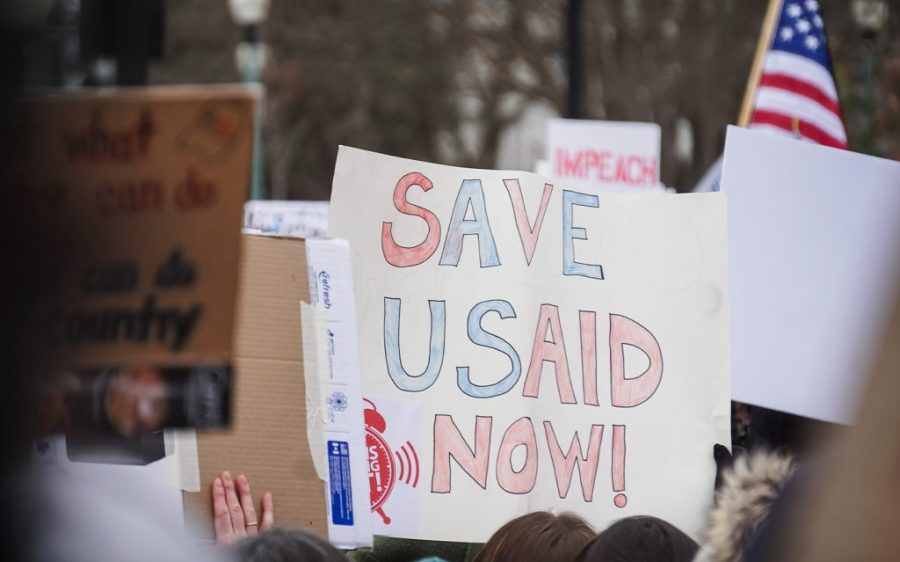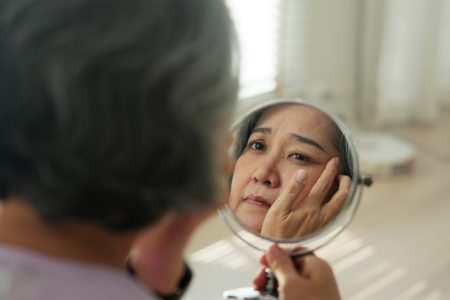After more than six decades of dedicated service, the United States Agency for International Development (USAID) has closed its doors, reports NPR.
US President John F Kennedy established USAID in 1961 with the aim of providing global stability through a wide array of humanitarian aid and development programmes. But the storied aid agency found itself in the crosshairs within hours of Donald Trump returning to the White House, an executive order on 20 January freezing all foreign aid for 90 days.
The fallout was widespread, as some 13,000 USAID employees, countless organisations and governments across more than 100 countries scrambled to respond in the sudden chaos of funding freezes and stop-work orders. Not long after, a statement from the US State Department accused USAID of straying from its original mission and said it was “now abundantly clear that significant portions of USAID funding are not aligned with the core national interests of the United States.”
Secretary of State Marco Rubio then took over as acting administrator and, on 1 July, what little remains of the aid agency was absorbed into the State department. Just 718 people, less than 6 percent of the original employees, will be making the move to help run the few remaining programmes.
A recent study published in The Lancet underscores just how much is lost with the demise of USAID. It estimates that agency programmes have saved nearly 92 million lives in the past two decades – and that if current cuts continue through 2030 as many as 19 million additional deaths around the world.
Doing such important work, UCLA health policy researcher and study co-author James Macinko pointed out to NPR, costs the average US taxpayer just US$0.18 a day. A State Department official dismissed the study, telling reporters that “a lot of the life-saving work that we do will continue and will be made more efficient.”
[See more: President João Lourenço of Angola makes the case for US investment in Africa]
Dean Karlan, who served as USAID’s chief economist from late 2022 until February of this year, told NPR that while he’s still waiting to see what the State Department puts in place, there are good reasons to be sceptical. “The political appointees leading State have done nothing to figure out what’s working and what’s not in order to fund the things that are more effective,” he says. “Every indication and everybody I’ve been talking to is telling me that they are not putting those processes in place.”
USAID not only provided billions in food assistance, spending around US$5 billion in fiscal year 2024 (of which US$2 billion was paid to American farmers to supply staple crops), it operates the gold-standard famine detection system which enables more rapid, efficient response to emerging food crises.
Many of those programmes are among the over 5,300 that have been terminated, leading to fears of worsening famines – already on the rise over the last six years – and more young children dying. “This is probably going to be the first year in decades that more children under five globally died than in the prior year,” Dean Karlan, who served as USAID’s Chief Economist from late 2022 until February of this year, told NPR. Disease prevention, particularly HIV and malaria, are other areas where the sudden absence of the US has already been felt.
Some 94 percent of staff are gone, too, “losing people that have developed decades of experience in how to not just manage these really important, life-saving programs but also how to build trust with our partners on the ground,” Susan Reichle, a former senior foreign service officer with USAID, told the public media broadcaster. Andrew Natsios, the USAID administrator from 2001 to 2006 under George W Bush, shared that in private conversations, even the State Department staff that wish they could control what USAID did, “don’t want to run it because they don’t know how to do it.”
Atul Gawande, who led global health at USAID during the Biden administration believes work under the State Department will be “a fraction of the impact and leadership that we have been able to provide around the world.”
He also worries that the aid efforts will become more politically oriented or inspired, a fear that appears well-founded after Rubio’s Substack post marking the end of USAID, entitled “Making Foreign Aid Great Again.” The secretary repeatedly emphasised the need to prioritise American interests, demand greater reciprocity, and a “bootstraps” mentality favouring nations that have “demonstrated both the ability and willingness to help themselves.”






